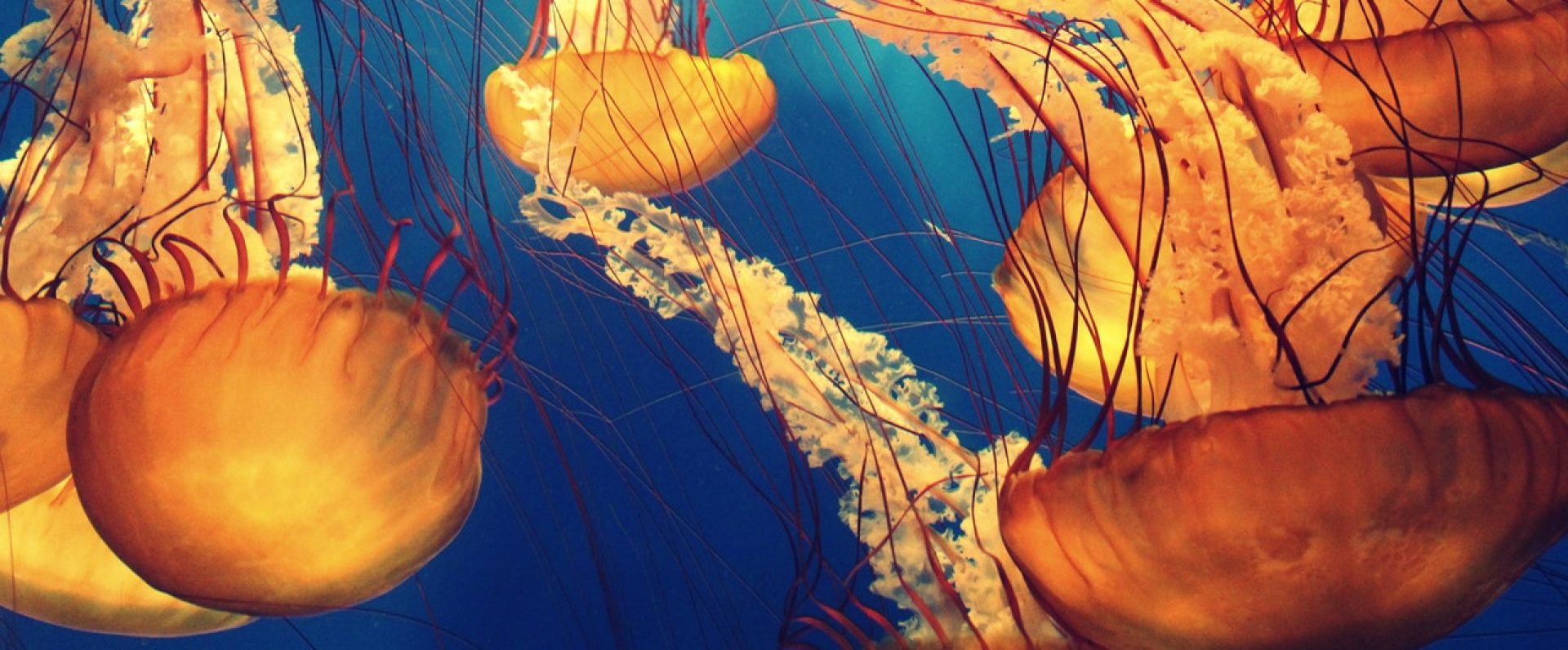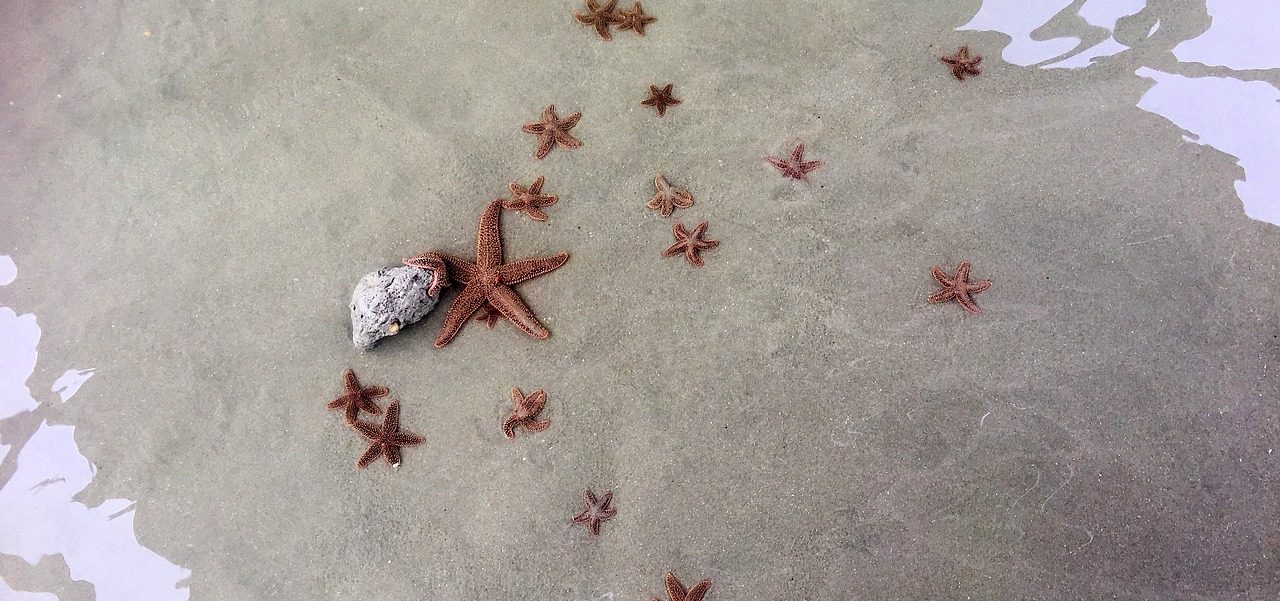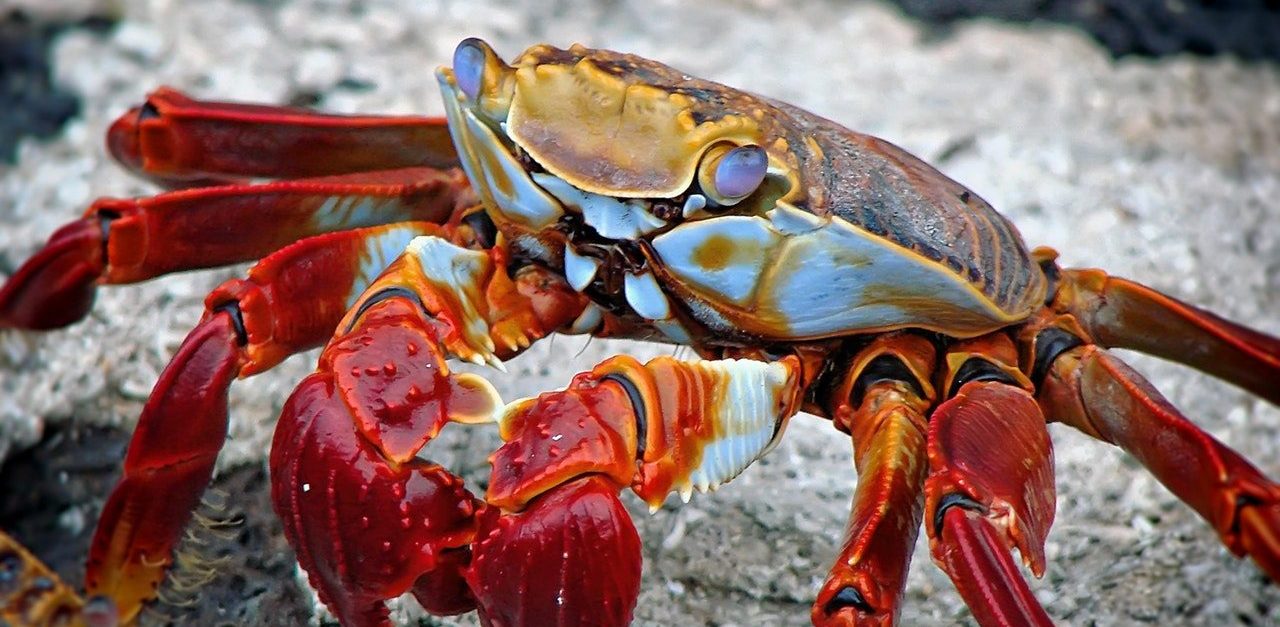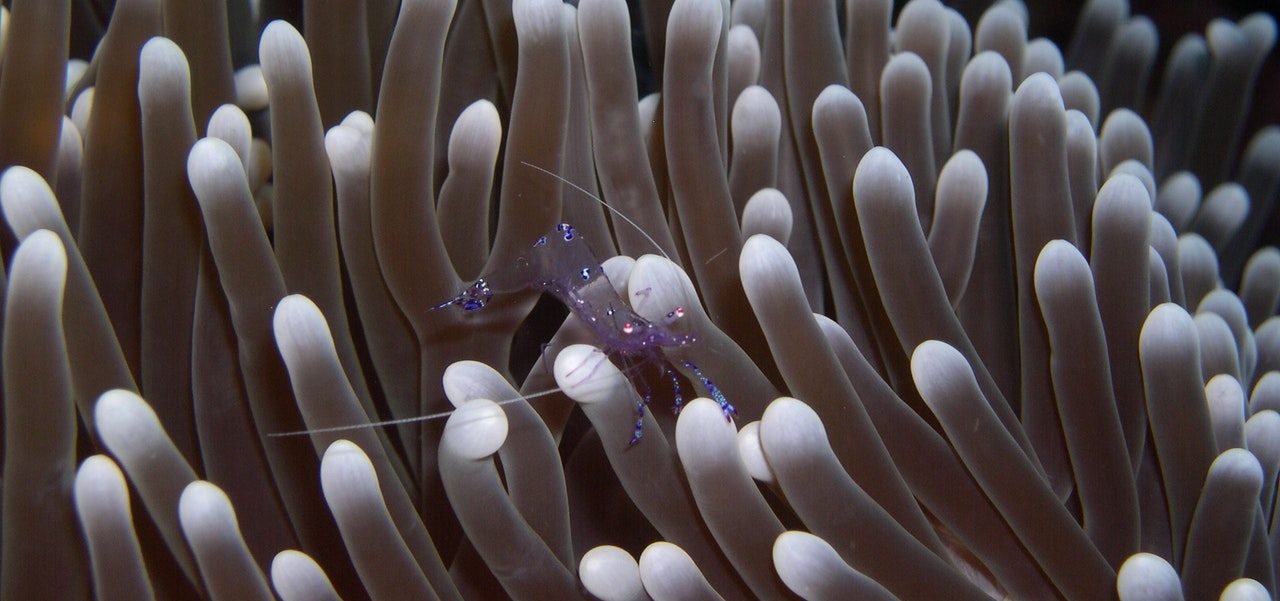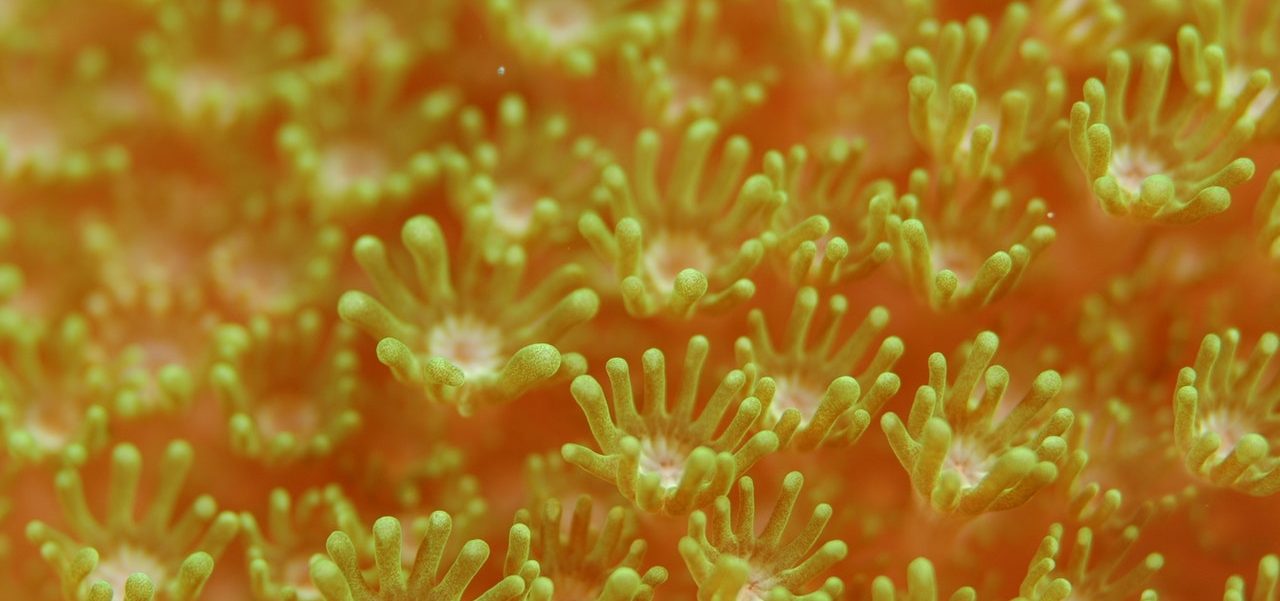Infinite Diversity:
This project brings together partners from the USA and across the Indo-Pacific to conduct a systematic and comprehensive biological inventory of coral reef diversity across the Coral Triangle. Specifically, PIRE project members seek to answer the following questions:
- Are biodiversity patterns inferred from fish, corals, and conspicuous snails representative of the spectrum of biological diversity on coral reef communities?
- Do biodiversity patterns of microbes and viruses mirror biodiversity patterns in marine metazoans?
- How do abundance and diversity of reef organisms vary across gradients of anthropogenic stress?
- Do functional diversity patterns correlate with taxonomic patterns in predictable ways?
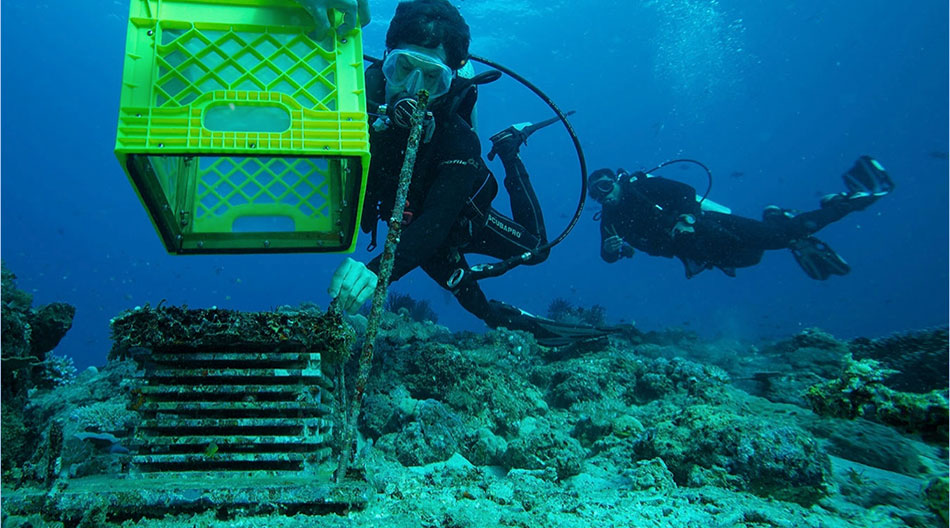
Smithsonian Environmental Research Center Marine Invasions Laboratory (SERC):
The SERC Marine Invasions Laboratory in Edgewater, Maryland and Tiburon, California are major collaborators with the Molecular Ecology Laboratory at MLML. We partner on projects globally, but have special interest in patterns of marine invasion in California.
NEMESIS:
California Department of Fish and Wildlife Marine Invasions Program:
The Drop-In:
Moss Landing Marine Laboratory's Student Blog
The Drop In to Moss Landing blog is maintained by graduate students at MLML contributing on a volunteer basis. The blog represents our individual thoughts, opinions and experiences. Our goal in creating this site is to engage and provide resources for future marine scientists and marine science enthusiasts, especially high school and college students and educators. It also helps keep the public up-to-date on current research being conducted at Moss Landing by our students and faculty.



